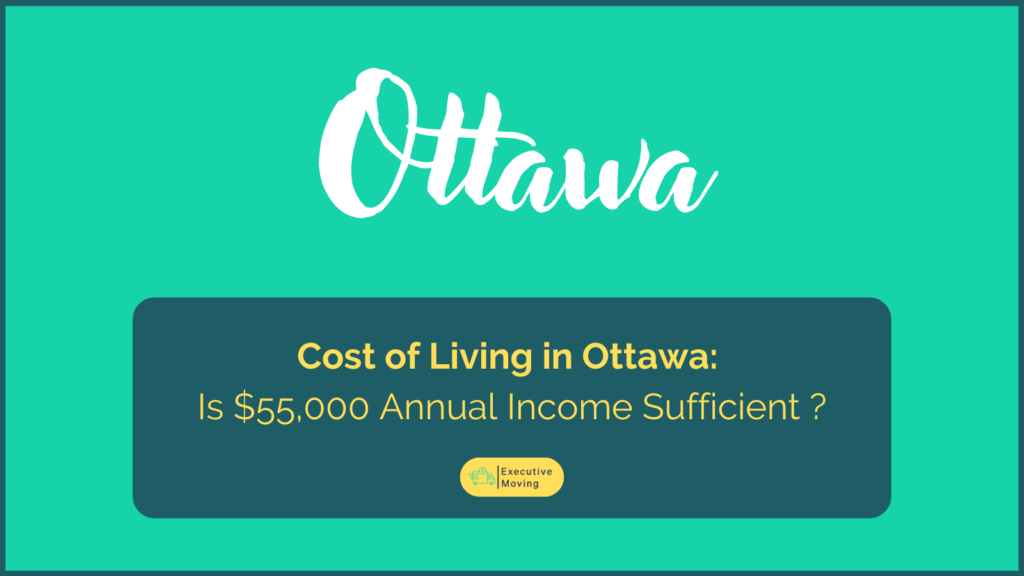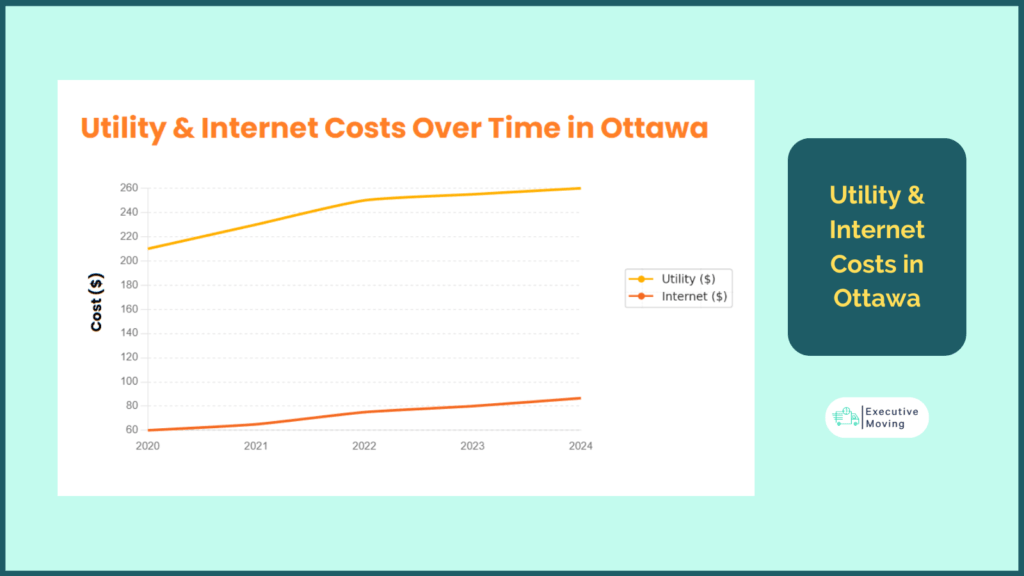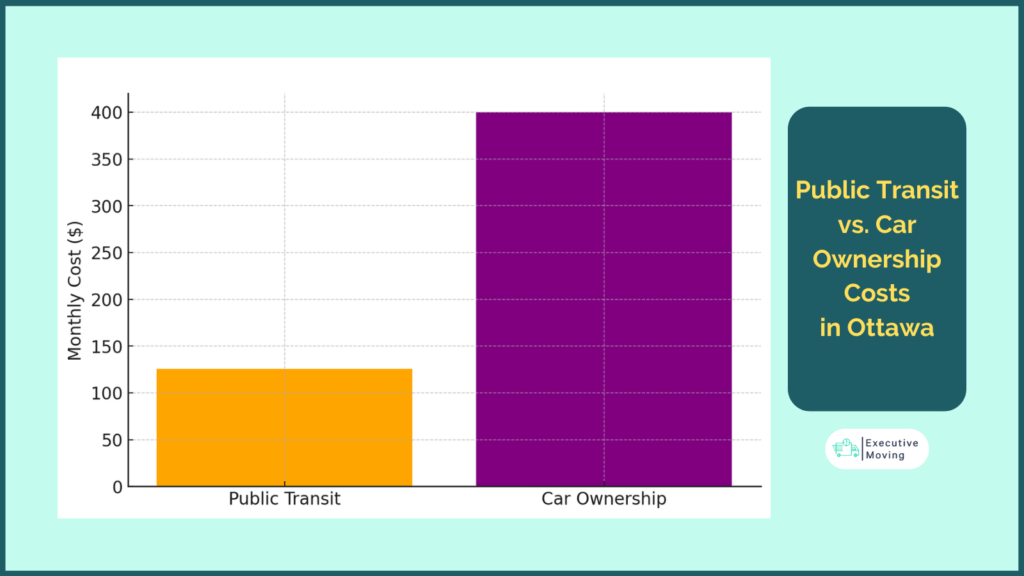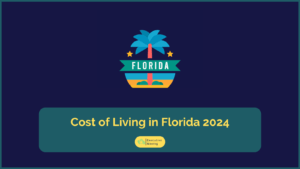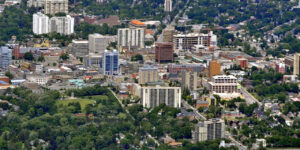From Vancouver to Ottawa:
Moving from the scenic west coast to Ottawa means swapping mild winters for a chillier climate.
While housing is more affordable in Ottawa, prepare for higher heating costs. Ottawa offers a slower pace compared to Vancouver’s hustle, but its rich history, bilingual charm, and political heart provide a unique cultural shift.
From Montreal to Ottawa:
The move from Montreal to Ottawa is a short but significant shift. Expect a quieter, more laid-back vibe compared to Montreal’s lively nightlife.
Both cities share a bilingual culture, though Ottawa leans more towards English.
Ottawa’s lower housing costs and proximity to nature make it appealing for those seeking balance.
From Toronto to Ottawa:
Ottawa offers a breath of fresh air🌳 compared to Toronto’s fast-paced life. You’ll find cheaper rents, less traffic, and a community-oriented atmosphere.
While Ottawa lacks the extensive entertainment options of Toronto, it makes up with beautiful parks, a slower lifestyle, and rich history. Ideal for those seeking tranquility without leaving urban comforts.
From Winnipeg to Ottawa:
Relocating from Winnipeg to Ottawa brings a welcome change in landscape and opportunities.
Winters are still cold but slightly milder. Housing costs are higher than Winnipeg, but Ottawa’s vibrant cultural scene and bilingual atmosphere provide a new dynamic worth exploring.
From Québec to Ottawa:
Ottawa maintains the French-English bilingualism but offers a more English-dominant environment. Expect a slight increase in living costs, especially in housing than Québec.
Ottawa’s scenic beauty, career prospects, and political pulse make it a compelling destination for a fresh start.
From USA to Ottawa:
Moving from the USA to Ottawa introduces you to Canada’s political hub, with a slower pace than major American cities.
Ottawa boasts a high quality of life, bilingual culture, and stunning architecture.
Be prepared for colder winters, and embrace the Canadian healthcare system, diverse job market, and friendly, welcoming community.


